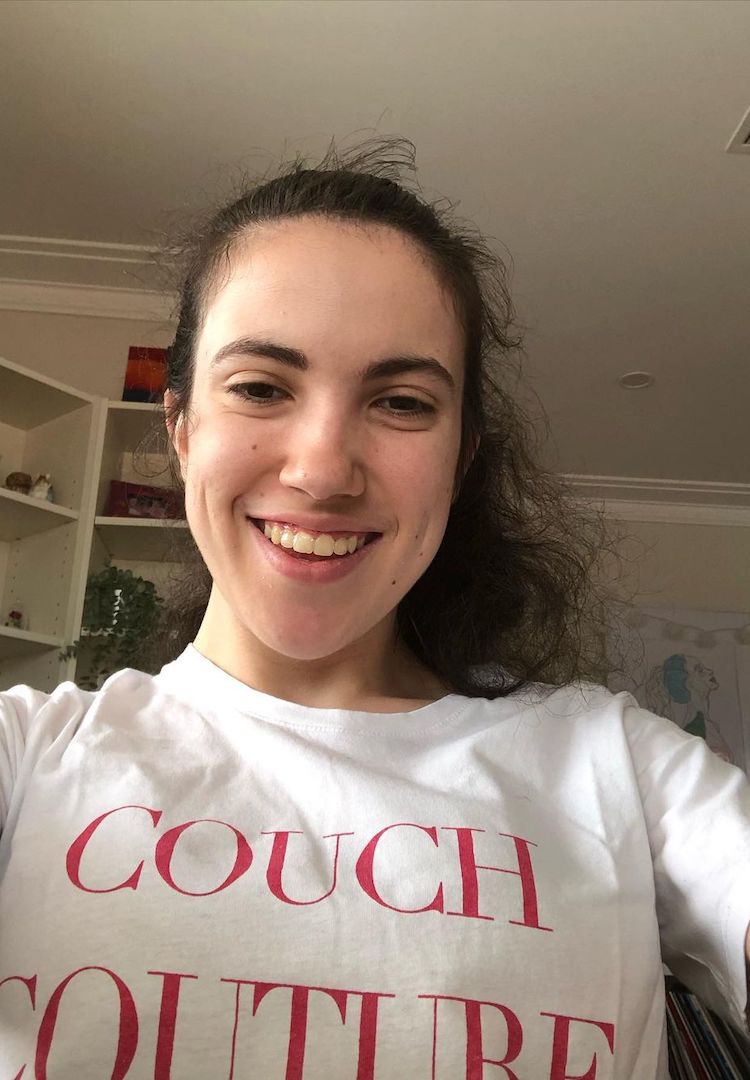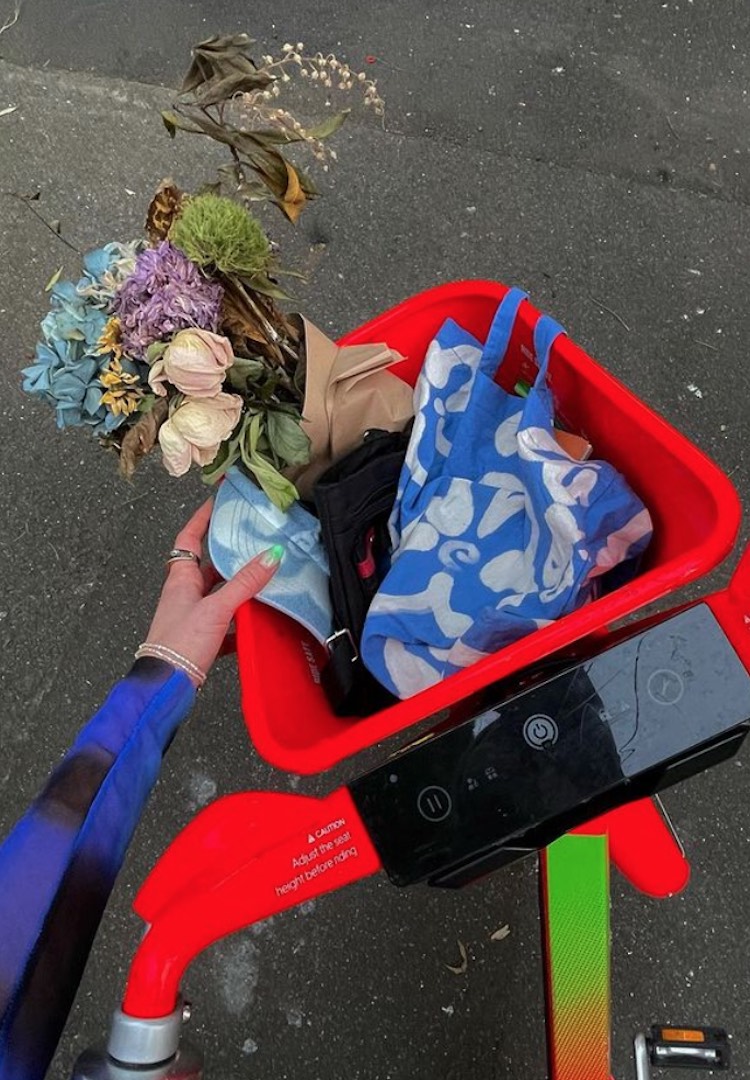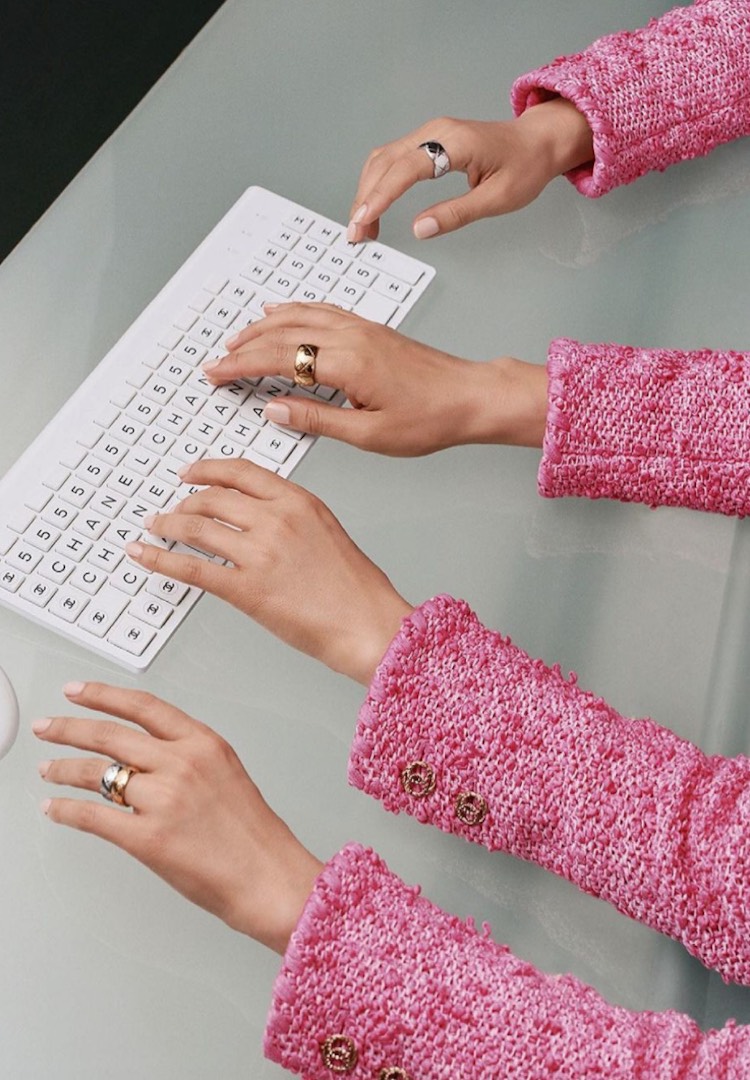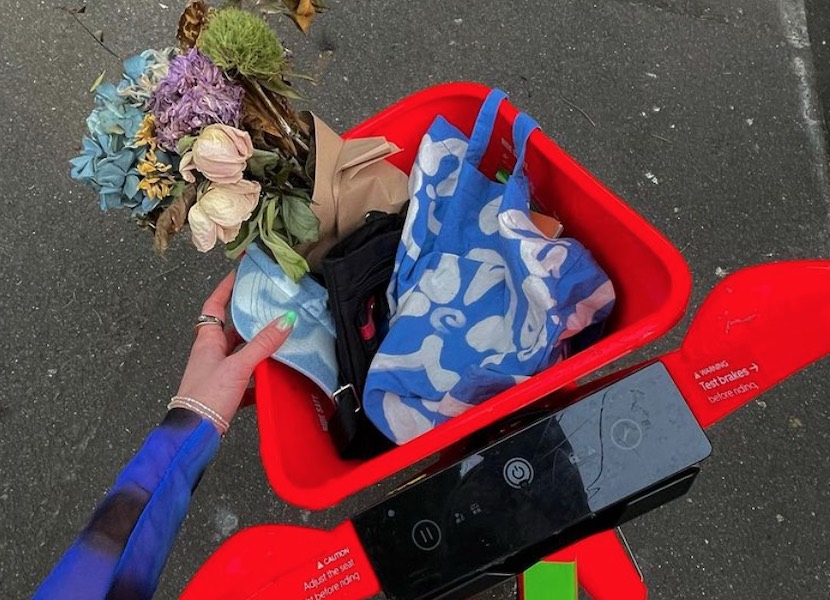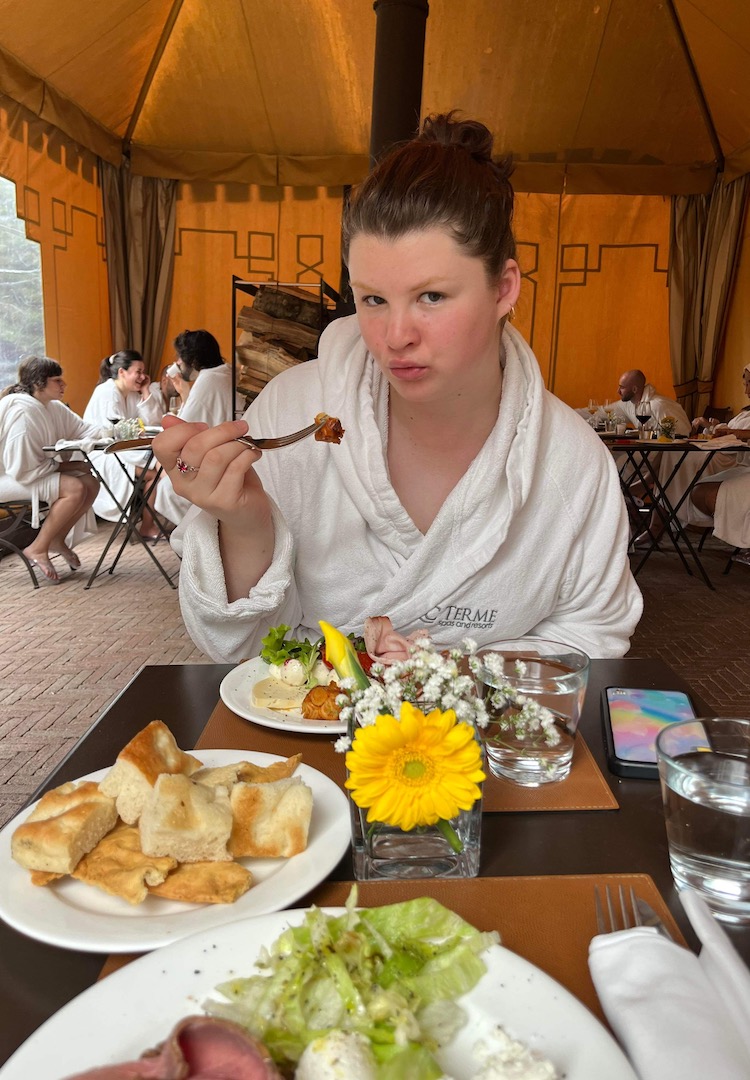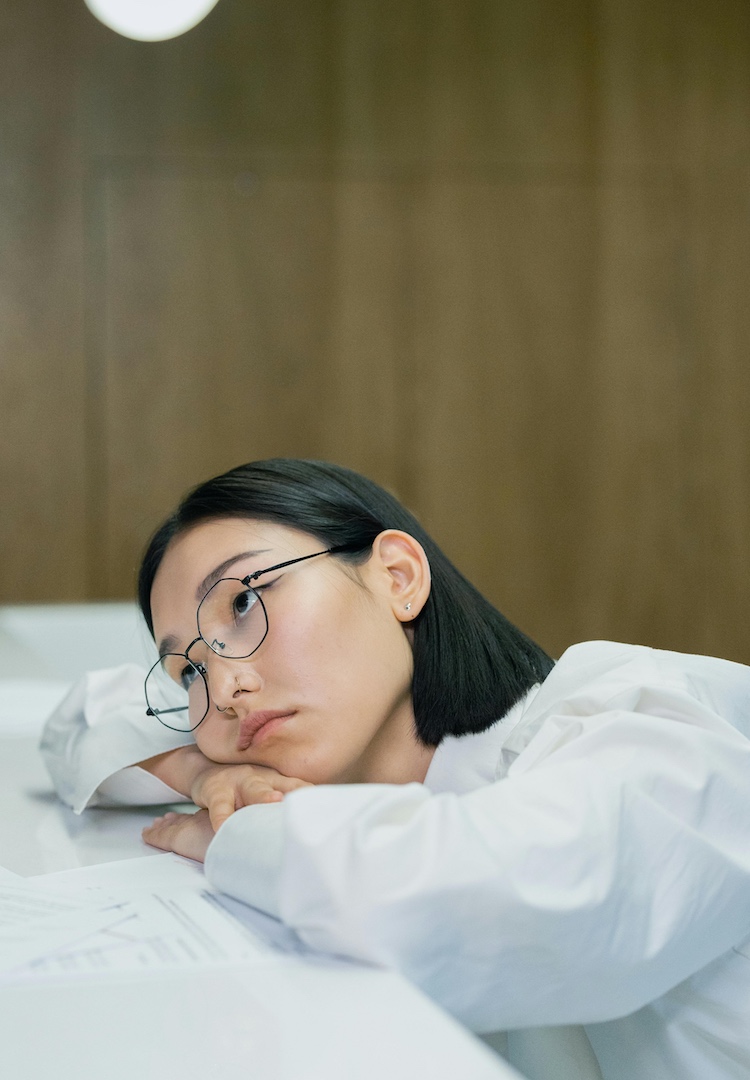My need for constant distraction is how I avoid dealing with my depression
IMAGE VIA @ocray44/INSTAGRAM
Word by Amanda Gunn
A toxic cycle of overcompensating with plans.
When my GP offered me a prescription for antidepressants, I was extremely offended. In my eyes, she was calling me lazy, pathetic and sad, when in reality she was just trying to help. Unfortunately, at the time, my perception of depression was rooted in misconceptions.
The negative stigma associated with depression isolated me. Sure, I have my off days but I’ve never thought of myself as unhappy. I’m outgoing, creative, friendly and bubbly, which by my logic made it impossible for me to have depression.
Interested to hear how others navigate the world? Head to our Life section.
Part of the reason I was so uncomfortable seeking help was that I felt disconnected from what I perceived as society’s criteria for depression. But, as I came to learn, just because I couldn’t relate to the stereotypical image of a person with depression (unwashed hair, zero motivation and being confined to a dark bedroom) it didn’t mean I wasn’t depressed.
Depression is a spectrum and it can affect everyone in very different ways. Every year roughly one million Australians deal with this mental illness, and each individual will manage it differently.
When I start spiralling, I make my days more crowded than an elevator at full capacity. I organise my weeks with back-to-back plans so I am busy from the moment I wake up, until the moment I fall asleep. If I am constantly on the move, I don’t have time to deal with my emotions.
I think busyness is overlooked as a symptom of depression because, thanks to capitalism, we valorise this state of overwork and connect it to success. While this can be true for some, I use busyness as a way to achieve temporary relief from my mind. I distract myself in a variety of ways, convincing myself that I’m being productive.
When I’m depressed, I enter a toxic cycle of overdoing it
I was ten when my mum passed away. It was just over a week after my little sister was born, so immediately my role as the oldest sibling changed. Instead of watching Masterchef, I’d be making my family’s dinner. From housework to changing lots of nappies (my sister seriously owes me) this laid the foundation for my need for constant stimulation.
From a young age, I didn’t process my emotions – I bottled them up instead. I made a habit of ignoring anything confronting, particularly feelings I didn’t understand. And while the conversation around mental health has evolved greatly in recent years, when I was a teenager it was still very much a taboo topic.
This meant I didn’t want to talk about it with anyone, something that’s undoubtedly impacted how I deal with it today. In high school, I studied non-stop. I told myself this was because I was a high-achiever, but studying was actually an escape.
After school, I took a gap year which was absolutely incredible, but it also acted as a physical escape. There’s nothing quite like moving halfway across the world in order to avoid working through your difficult emotions.
When I moved back to Australia, I wasted no time and immediately packed my schedule full. I started working three jobs. I thought a 23-hour workday and turning up to social events in my uniform was normal. Even during COVID-19 lockdowns, I attempted to be busy. I picked up random hobbies, studied as much as I could and went for two to three walks most days.
This year has been no different. I recently moved out of home, am currently studying and doing two internships, I’m a personal chef/chauffeur for my siblings, I work part-time, go to the gym, nurture my hobbies and try to maintain a social life. It’s a lot, but I’m not trying to flex or complain. I genuinely love all these elements of my life. So what’s the problem?
The problem is the way that I crave activity – sometimes it feels like an addiction. Case in point: recently I applied for a fashion design course, and while it’s something I know I would enjoy and find interesting, adding another degree to my already chaotically full schedule is definitely not the solution to my issues.
Being busy can be enjoyable when it is manageable and you aren’t using it to avoid your issues. But as I know from experience, when you are constantly on the hunt for the next distraction, busyness quickly becomes toxic.
Eventually, I can no longer keep up and have a breakdown
Like a Jenga block, it just takes one wrong move for me to fall apart. While moving house earlier this year, my mirror broke. I knew it could be easily fixed, but I couldn’t stop crying. It was easier for me to channel my emotions through an inanimate object than confront them head-on.
This is where I probably express the more ‘typical’ symptoms of depression. The day after my mirror broke, I was uneasy and didn’t feel like myself. I couldn’t think straight and cancelled my plans. I was impatient and snapped at my family for no reason.
My emotions engulfed me and I couldn’t focus on anything, even my hobbies (something that’s usually a reliable outlet). I felt defeated. My mind spiralled for hours as I helplessly waited for these feelings to go away. In moments like these, I am forced to confront my depression. If I don’t, I risk one bad day spiralling into a terrible week, or worse, an awful month.
Making time for yourself is key
Thankfully, therapy has taught me that taking time for yourself is essential. Now, when I start frantically searching for my next distraction, alarm bells ring. Instead of waiting for a mirror to break, I have different coping mechanisms to address my feelings and I don’t hesitate to seek help if needed.
I used to roll my eyes when someone said ‘self-care’, but beyond the sheet masks and scented candles (no harm in including them too), it does serve a purpose. Burnout is real and when you’re living with mental illness, it can creep up on you. I have finally realised that I need to take time to be gentle and nurturing with myself, even when I’m feeling fine.
My hope is that the societal perception of depression (and mental illness as a whole) keeps evolving. If I knew about the myriad of ways depression can present itself when I was growing up, I probably would have utilised resources and sought help much earlier.
And, despite all the progress that’s been made, when 54 per cent of people with mental health issues are not seeking any form of treatment, it’s clear that negative stigmas still persist. Depression is something you have – it’s not who you are.
I hope we can all continue challenging our perception of mental illness and come to understand that there is no one way it presents itself. We’ll all be better off for it.
If you or someone you know is dealing with depression or anxiety, Beyond Blue is a great resource to try.

